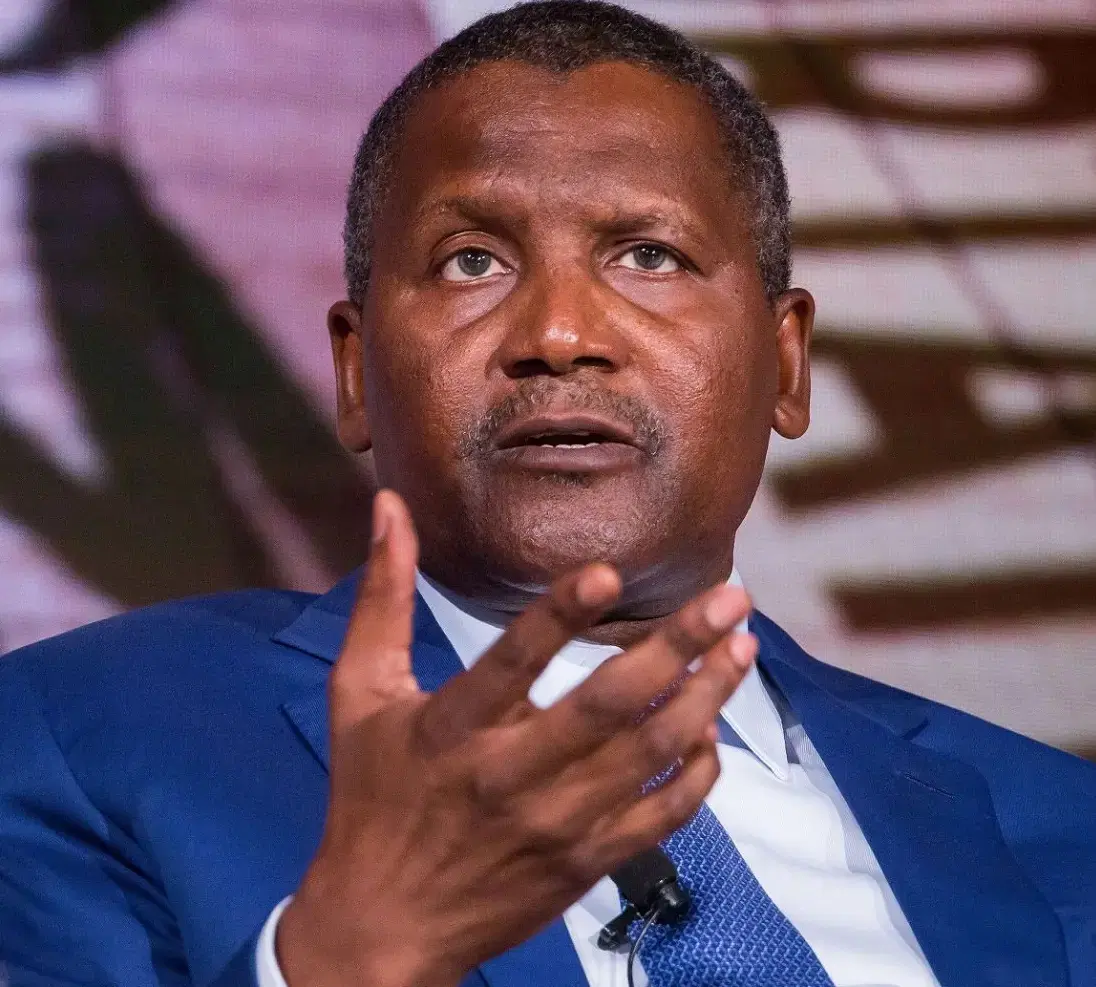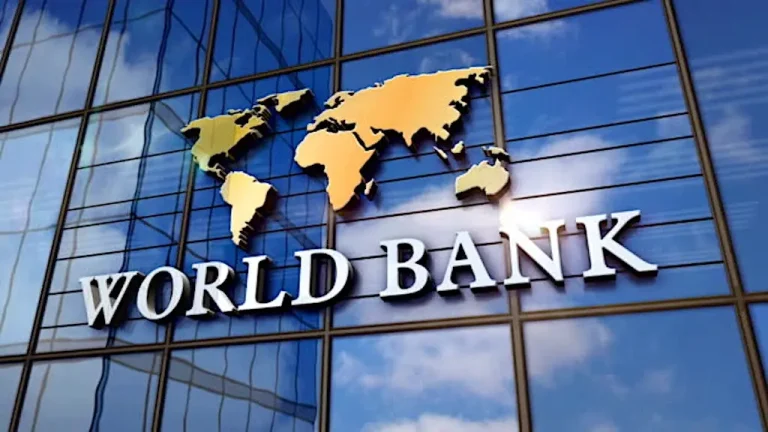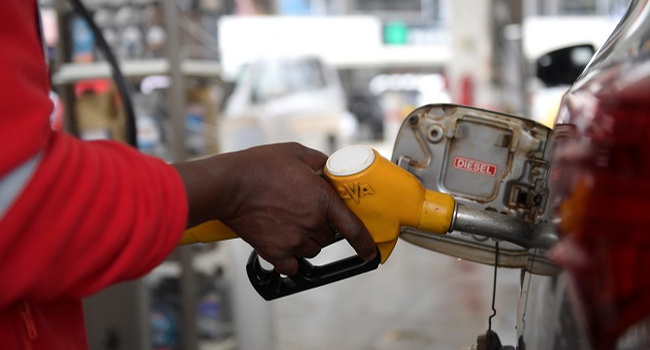
Africa’s richest man, Aliko Dangote, has leveled serious allegations against the Nigerian Union of Petroleum and Natural Gas Workers (NUPENG), claiming the union collects up to ₦50,000 per truck at the Dangote Refinery during fuel loading operations,an illegal practice he warns is driving up fuel prices for Nigerian consumers.
The industrialist, who also serves as President of the Dangote Group, said the hidden charges form part of a broader network of unofficial fees that total up to ₦84,000 per truck. He described the levies as unsustainable, particularly at a time when fuel prices are already under pressure due to exchange rate volatility and high logistics costs.
“When a truck goes to load, NUPENG alone collects about ₦48,000 to ₦50,000,” Dangote told journalists over the weekend. “By the time other charges are added, it comes to ₦80,000 or more. And who pays? It’s the consumer.”
Dangote did not hold back, calling the union’s alleged practices “acts of rent-seeking” that threaten to derail the country’s ongoing refining reforms. He recalled past experiences when his company was reliant on third-party transporters and was, in his words, “held by the neck,” leading to the creation of an in-house trucking fleet managed by his brother.
He defended the group’s deployment of 4,000 Compressed Natural Gas (CNG)-powered trucks, saying the investment is part of a long-term strategy to insulate refinery operations from union interference and supply chain disruption.
“We’ve learned our lesson. We will not allow any group to hold us hostage again,” he said.
The allegations surfaced amid ongoing tension between Dangote Group and NUPENG, which recently accused the company of preventing drivers of its new CNG trucks from joining the union. In response, Dangote reiterated his belief in voluntary union membership, stating that neither the constitution nor labour laws support forced unionization.
“If someone wants to join, even our own workers, that’s fine. But it must be voluntary. Even religion is voluntary, you can’t force anyone,” he said.
Analysts say such “invisible charges,” if confirmed, act as informal taxes on consumers, inflating pump prices across the country. With diesel and foreign exchange costs already straining the downstream sector, these alleged union levies worsen the burden on Nigerian households and businesses.
Despite recent attempts by the Federal Government to broker peace, including a court order barring NUPENG from further blockading the refinery,tensions remain high. A memorandum of understanding signed after a union-led shutdown has done little to quell the friction.
Stakeholders are now urging government intervention to investigate NUPENG’s alleged role in collecting truck loading charges, establish a transparent regulatory framework, and enforce clear boundaries between worker representation and commercial interference.


